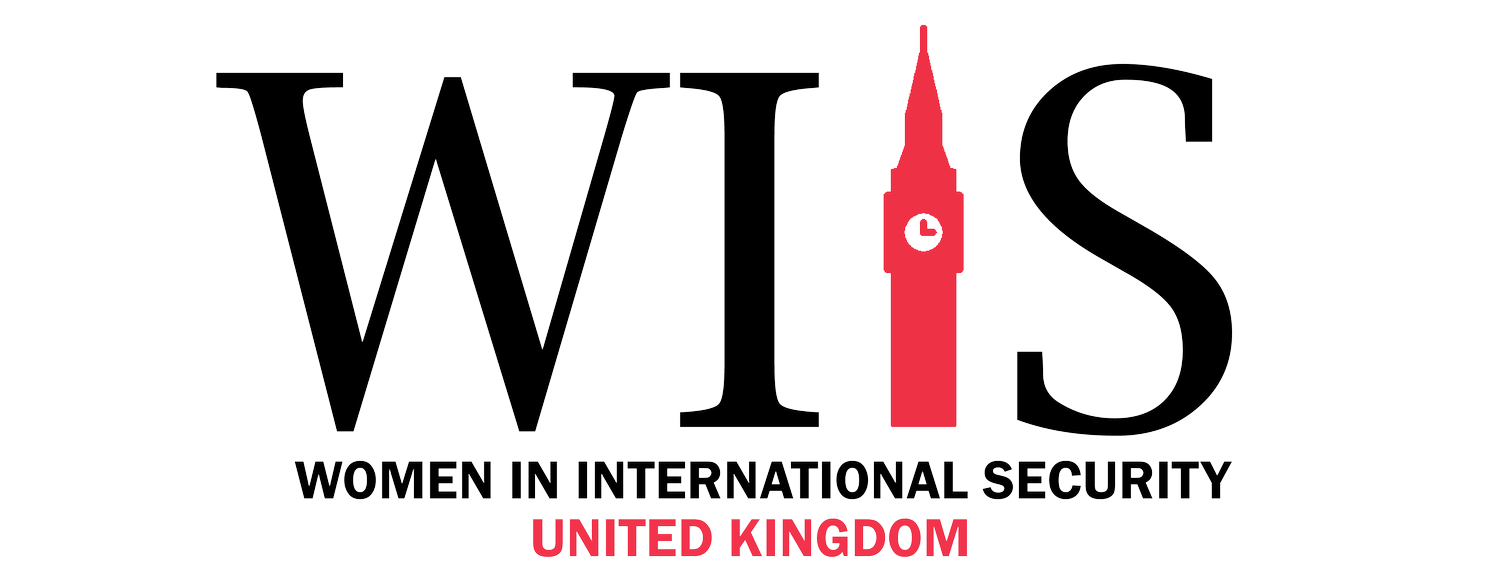Elisabeth Braw
In our 3 Questions To series we introduce women working in defence and security. This time we are delighted to introduce Elisabeth Braw who is a senior research fellow at RUSI; she directs the Institute's Modern Deterrence project, which focuses on how governments, business and civil society can work together to strengthen our defence against existing and emerging threats. Prior to RUSI, she worked at Control Risks following a career as a journalist where she reported from the United States, Germany, Italy and other countries. She remains a contributor to The Times, The Wall Street Journal, the Financial Times, Foreign Policy and (writing in German) the Frankfurter Allgemeine Zeitung, focusing on European defence and security, and frequently speaks at conferences. Elisabeth is also a member of WIIS UK's Advisory Committee.
What are you currently working on?
Modern Deterrence, the work I lead at RUSI, is busier than ever – which is as things should be given that I focus on new risks and threats, which is exactly what we’re experiencing! Six months ago many people were still not taking the risk of societal disruption seriously. No virtually every one is! We’re doing even more events than usual (aided by Zoom), the next one on 12 June featuring Finland’s Interior Minister and Green Party Leader Maria Ohisalo, as part of our Corona Lessons. I’m also writing my Foreign Policy columns and other op-eds, and hosting the On the Cusp podcast, which to my great delight has turned out to be very popular.
What are the opportunities and challenges of working in your field?
There are endless opportunities based on the fact that the constantly changing global situation provides a steady stream of challenges that need to be solved or at the very least thought about. As for challenges, though I’m not experiencing it myself I suspect many think tanks will struggle to retain the donor volume they had before the coronavirus crisis.
What advice would you give your younger self?
I’m not sure whether it’s advice, but I would have focused much more on learning about history: modern European history, ancient Roman and Greek history, modern Asian history, Middle Eastern history, you have it. As Jim Mattis says, through history you learn through others.


